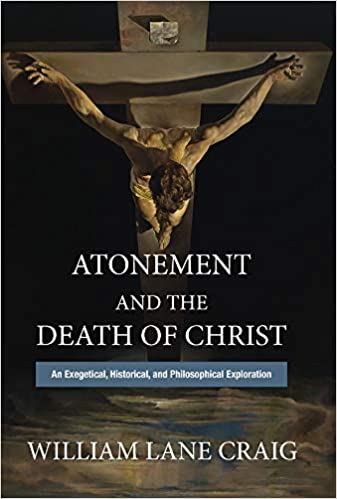Q. Thinking further about this, it would seem that the issue is not an issue of law. It’s an issue of God’s unchanging righteous character. After all, Gal. 4 is clear that Christ came to redeem those under the Mosaic law out from under the Mosaic law (and under the stoicheia—the elementary principles and teachings Gentiles were under), and Rom. 10.4 says Christ is the telos, the end/terminus/goal/fulfillment of the Mosaic law as a means of right standing or righteousness before God. Obviously, God’s righteous character is a bigger and broader sort of righteousness than that required of persons under the law (remembering that Paul says he was blameless when it came to a righteousness that comes from the Mosaic law). My point is this— analogies with human pardoning powers and laws may be missing the mark. After all, the reconciliation God is working towards in Christ is a reconciliation involving persons— God and human beings. It is not a reconciliation between persons and the Law, either the Mosaic law or other human laws. Comments?
A. I’m assuming here on biblical grounds that retributive justice is essential to God’s unchanging righteous character. So I do believe that legal analogies from enlightened human justice systems can be helpful. U.S. Chief Justice Marshall famously characterized a pardon in the following way: “A pardon is an act of grace, proceeding from the power entrusted with the execution of the laws, which exempts the individual, on whom it is bestowed, from the punishment the law inflicts for a crime he has committed. It is the private, though official, act of the executive magistrate, delivered to the individual for whose benefit it is intended, and not communicated officially to the court” (U.S. v. Wilson, 32 U.S. 150, 160-1(1833)). Notice here the personal, private character of a pardon. That is why the court cannot take any cognizance of a pardon unless the accused pleads it publicly it in court. Marshall’s characterization is wonderfully appropriate for a divine pardon of a sinner condemned before the righteous Judge. It is, as you say, a personal reconciliation. Where analogies with human pardoning powers fall short of the mark is that we are not rendered merely guiltless in virtue of God’s pardon but are reckoned to be positively righteous on the basis of the imputation of divine righteousness to us. Praise His name!













